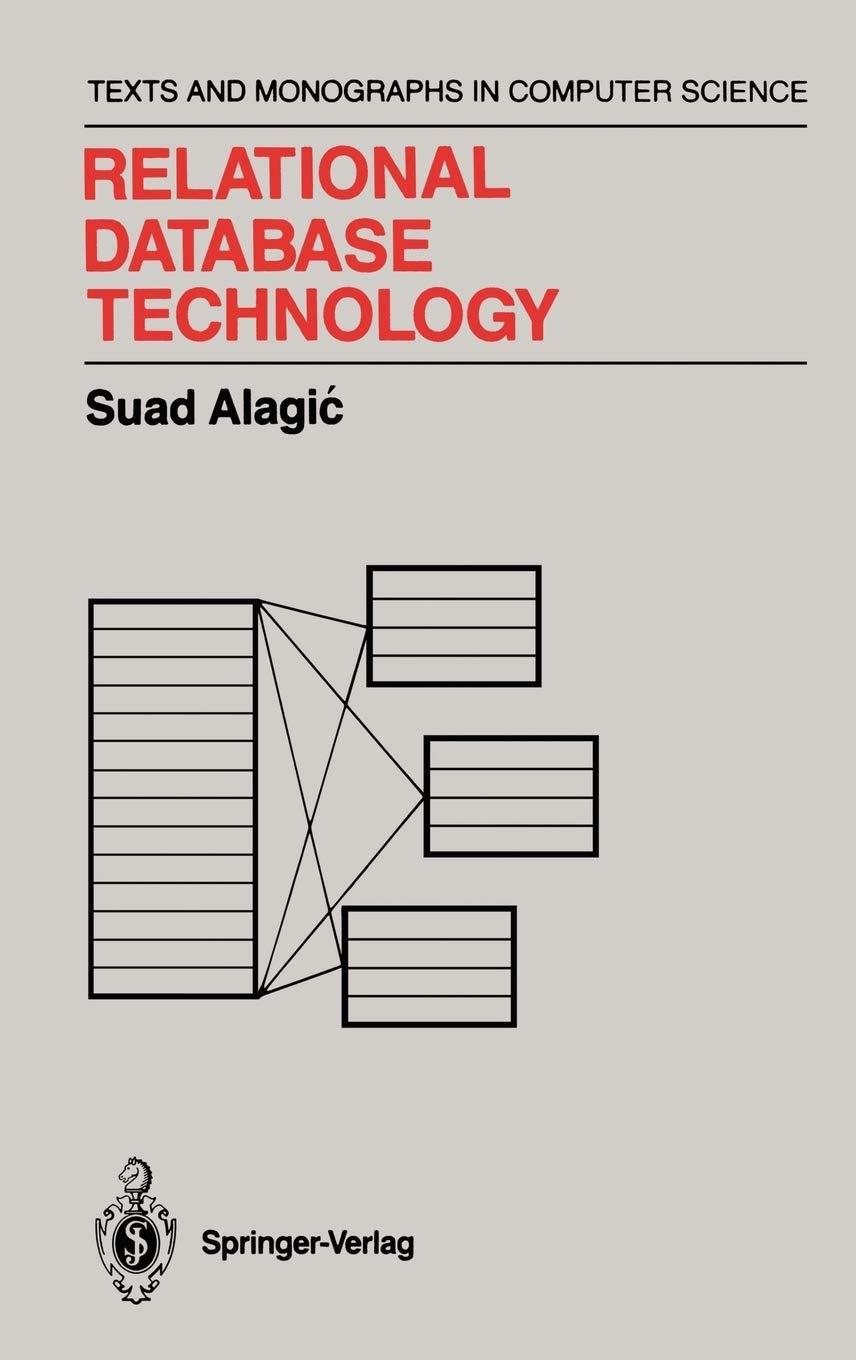Answered step by step
Verified Expert Solution
Question
1 Approved Answer
Consider the following simplified 2-rounds analogue E of DES. M=P=K=24 S-boxes: S1=[1,0] and S2=[1,1] The initial and the final permutation are the identity permutation. The

Step by Step Solution
There are 3 Steps involved in it
Step: 1

Get Instant Access to Expert-Tailored Solutions
See step-by-step solutions with expert insights and AI powered tools for academic success
Step: 2

Step: 3

Ace Your Homework with AI
Get the answers you need in no time with our AI-driven, step-by-step assistance
Get Started


